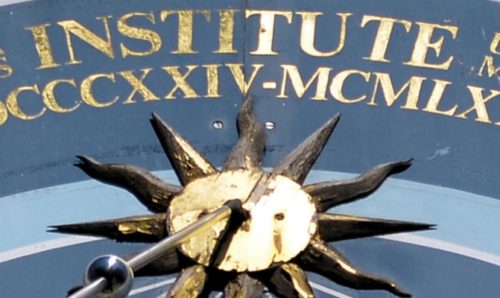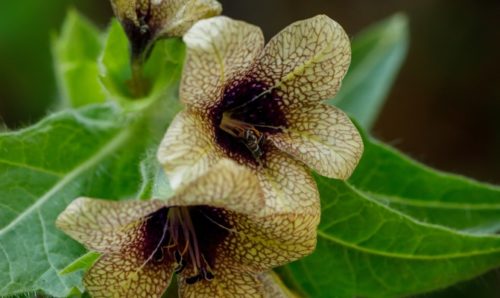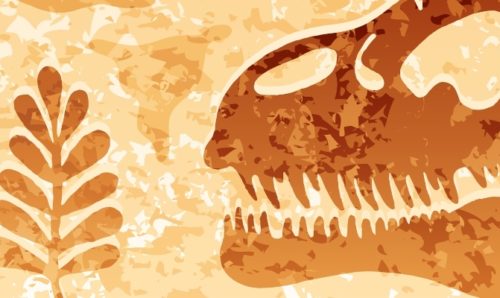Testing the water and turning the tide: Dr Laura Richards
Research impact and institutes Social responsibility Water 11th February 2022
“There are many fantastic initiatives working to encourage young women and girls in science, on both local and global scales,” explains Dr Laura Richards, a Dame Kathleen Ollerenshaw Fellow in the Department of Earth and Environmental Sciences (EES).
“I believe we can provide encouragement to young women and girls considering a career in science by promoting positive role models, supporting through mentorship and advocacy, sharing experiences and connecting across backgrounds and career stages.”
Dr Richards, whose research interests lie in water quality and remediation, is speaking to mark the United Nations (UN) International Day of Women and Girls in Science (11 February). Now in its seventh year, the event’s core message runs as vital as ever…
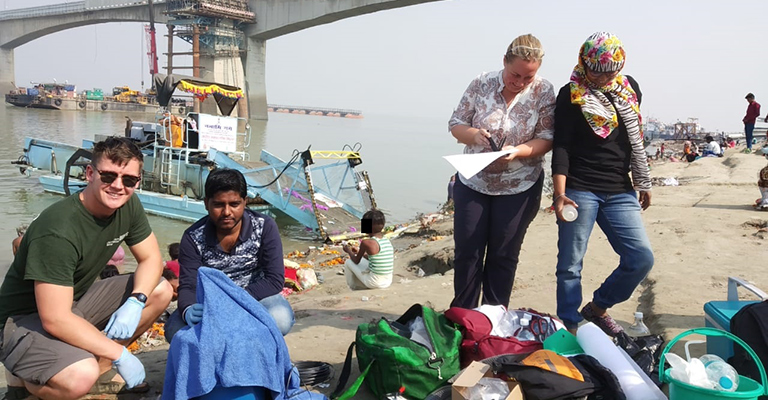
Fixing the leaky pipeline
Aiming to promote ‘full and equal access and participation of women and girls in science’ and to address the ‘leaky pipeline’ of women not progressing in STEM, the day serves as a reminder that women and girls play a crucial role in this field, and that their participation should – continually – be strengthened.
This year’s theme is ‘Equity, Diversity and Inclusion: Water Unites Us’ and works towards the UN’s Sustainable Development Goal (SDG) 6: to ensure availability and sustainable management of water and sanitation for all.
A cornerstone of the UN’s campaign is the recognition that women and girls in science are not only beneficiaries, but agents of change – and this is particularly relevant when it comes to accelerating SDG 6.
But what are the SDGs? Well, they are a set of global goals, agreed by world leaders in 2015, that aim to ‘build resilient infrastructure and promote inclusive and sustainable industrialisation’ by the year 2030. SDG 6 focuses on the importance of water in achieving three pillars of sustainable development: economic prosperity, social justice, and environmental integrity.
A reminder of its urgency came with a recent UN report, which warned that unless progress is quadrupled, in less than a decade billions of people around the world will be unable to access safely-managed household drinking water, sanitation, and adequate hygiene services.
During this time, increased water demand, poor waste management and conservation, plus – of course – climate change, will exacerbate these issues.
Clean water, for all
“The underpinning motivation of my work is to contribute to improving access to safe drinking water across different parts of the world,” Dr Richards shares.
Her work has a particular focus on health-threatening trace contaminants, such as arsenic in groundwater, and most of her current research involves field-based studies. These aim to better understand the sources and distribution of groundwater pollutants, what controls their mobility, and how to best identify optimal remediation solutions.
She adds: “My work brings me to many interesting places – I’ve worked in Cambodia, India, Myanmar, Chile, Bolivia, Rwanda and elsewhere. Most recently I have been working in Bihar, India through the Indo-UK NERC-DST Water Quality project FAR-GANGA, which has been a very rewarding experience.
“Water-focussed research is a great topic because it is accessible to everyone – everyone needs water to live. My favourite part of my research is the impactful work, the opportunity to learn and explore new ideas and new places, the diversity in activities, and very importantly, working with amazing colleagues, collaborators and students.”
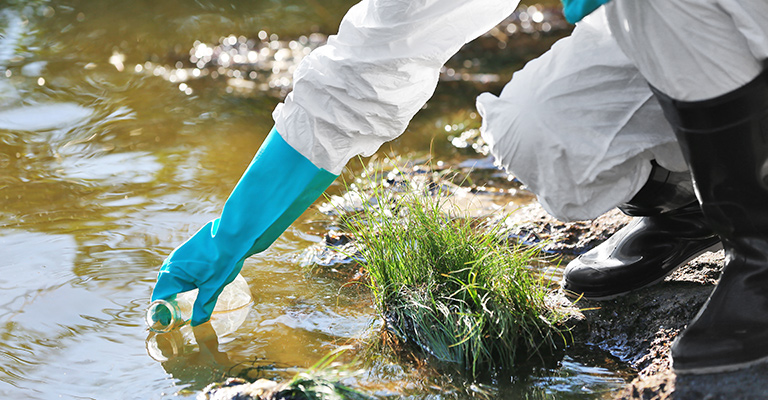
Making waves
Dr Richards’ journey to this point has certainly been eventful.
Prior to her current role at Manchester, she worked at a hardware store/lumberyard, an environmental engineering consultancy, and in several fixed-term research contracts.
Her academic pathway has been somewhat non-traditional too, with her training and research crossing between engineering and natural sciences. She has a BSc in chemical engineering, an MSc in environmental engineering (both from the US), and a PhD in membrane technology (from Scotland). She arrived at Manchester in 2013, firstly as a postdoctoral research associate, with her research bridging overlapping domains of environmental engineering and environmental geochemistry.
“My cumulative life experiences, including my upbringing in Colorado, volunteer experiences through Amigos de las Américas and Engineers Without Borders, education, travel, and interactions with many interesting people, have shaped my career goals to date,” she says. “My career trajectory reflects these experiences, bringing together my interests in the environment, international work, and a desire to contribute to broader societal challenges such as access to safe drinking water.
“I have been incredibly lucky to have had the opportunity to meet and be inspired by different role models in different parts of my journey.”
Uncharted waters
And what of her experiences as a woman in science?
“Women are underrepresented in many fields of science and engineering,” she notes. “Whilst the majority of my experiences have been very positive, I (as have many others) have also experienced some challenges related to gender-related bias and harassment, and have become more aware of systemic barriers facing women and other underrepresented groups.
“By coming together as a wider community, regardless of gender, we can work together to progress gender equality, improve representation, and reduce direct or indirect biases that underrepresented groups can face.
“A career in science can be incredibly rewarding, and I would strongly encourage young women and girls to explore career options and strive towards their ambitions and dreams.”
To dip, you might say, their toes in the water.
If you enjoyed this post, be sure to subscribe on our homepage to keep up to date with the latest posts from The Hub.
Words: Joe Shervin
Images: Aman Gaurav (including banner image), Shutterstock


